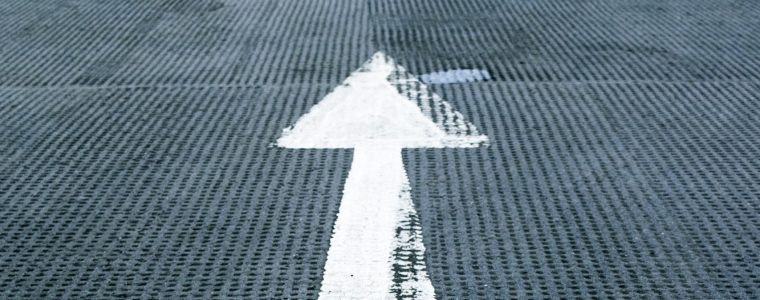Advancing Research Management in European Universities Alliances: Insights from the Aurora Universities Network

The recent workshop organised by the CIVICA European Universities Alliance brought together various European Universities Alliances and associations, including TORCH, EUt+, 4EU+, UNA Europa, Unite!, FIT FORTHEM, SEA-EU, ECIU, and the Aurora Universities Network, to explore research management practices within European Alliances. With a focus on understanding the development, implementation, and challenges encountered in research management at the alliance level, the workshop aimed to provide valuable insights and suggestions for improvement.
Context
The workshop took place in the context of ERA Action 17, a European Research Area policy action co-led by the Aurora Universities Network, which aims to strengthen the research support capacity in public research organisations. Some of the key findings of the workshop include:
Collaborative research support offices have proven to be highly beneficial for some alliances, as they offer valuable services such as training for research management, support staff, and early career researchers. Additionally, they provide an interoperable digital platform with local databases, primarily focusing on publications. While not all alliances have been able to establish joint research support offices, they are actively working on strengthening their research support activities and collaborations.
Most alliances have made a concerted effort to engage the broader research community of research support and management administrators (RSMA), including grants advice, knowledge transfer, open science, data stewardship, science communication, and research policy advice. However, there are still obstacles to overcome in the pursuit of a common research agenda. These challenges include late engagement of research support and management staff in proposal writing, different types of organisations involved in research support, varying resource allocations, and a lack of incentives for participation.
To address these challenges and improve the research support landscape, several recommendations can be made:
- Early engagement of researchers, particularly early career researchers, should be emphasized in research management activities.
- Co-creation principles should be adopted when developing research management activities to foster collaboration and inclusivity.
- High-level university management should limit their involvement in the operational details of development and implementation, allowing research support professionals to take the lead.
- Incentives, dedicated time, and adequate resources should be provided for researchers to participate in research support and management activities within alliances.
- Awareness at all levels within universities about the roles and functions of research managers and research support and administration officers should be enhanced.
By implementing these recommendations, alliances can work together to create a more efficient and effective research support environment, ultimately benefiting the entire research community.
Vision for the Future
The workshop concluded with an inspiring vision for the future of research support and management activities in alliances. Pim de Boer, the EU Liaison representative from the Aurora Universities Network, shared an encompassing presentation that addressed many of the discussed aspects, highlighting the collective goals and aspirations of the participating alliances.
By fostering collaboration, early engagement, and effective resource allocation, European Universities Alliances have the potential to test and enhance research management practices and drive meaningful advancements in research support within the European higher education landscape.